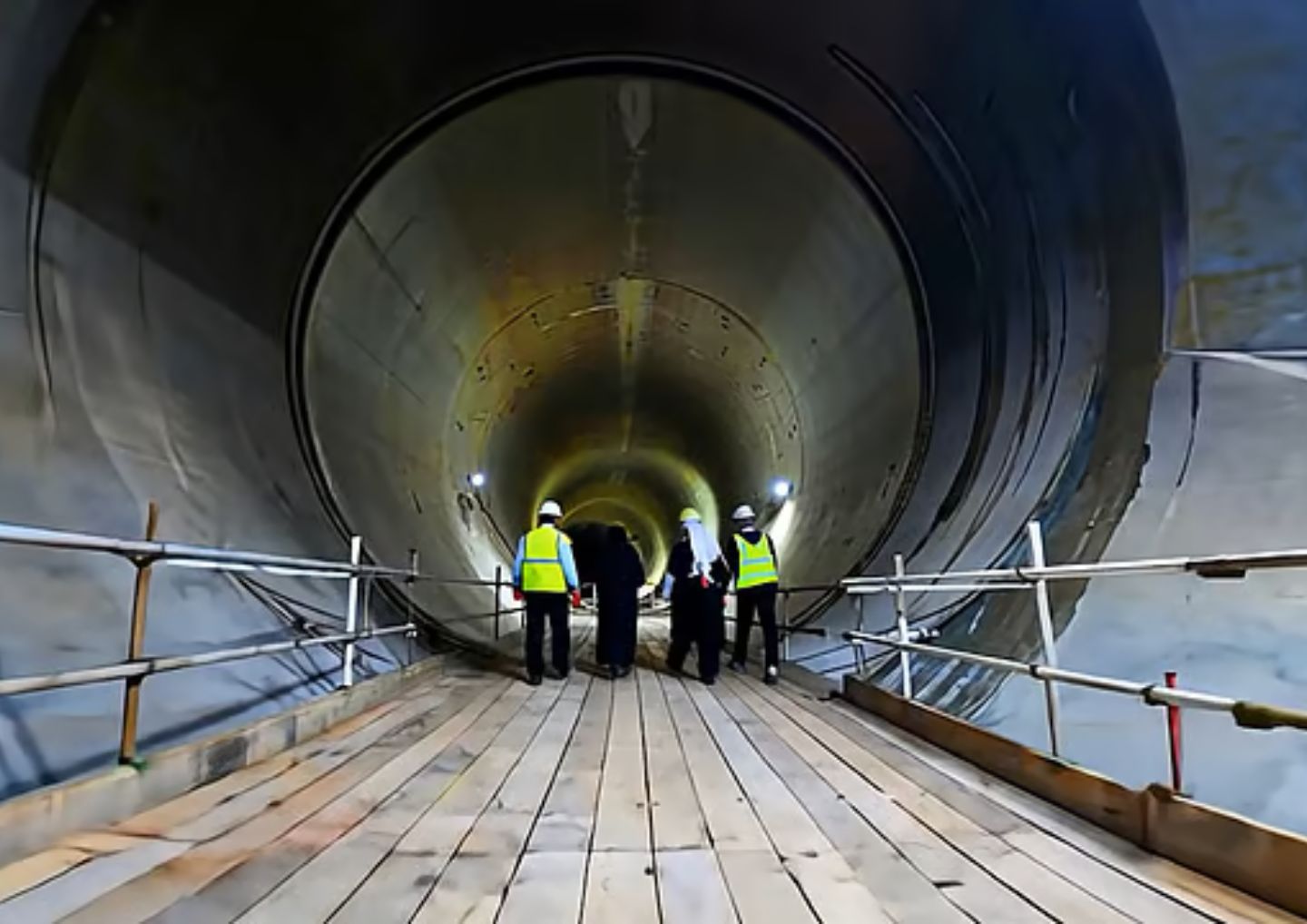Dubai has announced a large-scale infrastructure project aimed at transforming its stormwater management capabilities, with a focus on climate adaptation and sustainable urban growth. The emirate is investing AED 1.4 billion in the development of an advanced stormwater drainage system that will support its vision of becoming a resilient, future-ready city.
The initiative forms a key part of the wider “Tasreef” project, Dubai’s long-term strategy to overhaul its stormwater infrastructure. The new system is designed to address increasing challenges posed by climate change, including more frequent and intense rainfall events. As a rapidly growing metropolis with a dense urban landscape, Dubai recognizes the critical importance of having a modern drainage system that can handle extreme weather while protecting residents, property, and infrastructure.
The project involves the construction of over 36 kilometers of advanced stormwater drainage lines that will connect to the main Tasreef tunnel. These lines will serve as vital arteries in the city’s upgraded water drainage network, enhancing the system’s capacity to collect, transport, and discharge excess rainwater efficiently and safely. The targeted areas for this development include strategic zones such as Nad Al Hamar, Dubai International Airport surroundings, Al Garhoud, Al Quoz, Zabeel, Al Wasl, Jumeirah, Al Badaa, and Al Rashidiya.
One of the primary objectives of this stormwater infrastructure upgrade is to increase the network’s discharge capacity by up to 700% over the next century. Upon completion, the system will be capable of managing up to 20 million cubic meters of water daily. This massive leap in capacity will not only reduce the risks of urban flooding but also improve operational efficiency and minimize maintenance costs. For a city like Dubai that frequently experiences sudden and heavy rainfall, this capacity boost is both timely and essential.
Beyond capacity, the project is also designed with long-term sustainability in mind. Dubai is incorporating smart infrastructure elements into the new system, including automated monitoring and control technologies that will provide real-time data on water flow, blockages, and potential system failures. These innovations will allow for more effective management of the network and quicker response to issues as they arise.
This new phase of the Tasreef project reflects Dubai’s proactive approach to infrastructure planning. Instead of reacting to climate-related events after they happen, the city is building systems that can mitigate such risks before they escalate. It is part of a broader commitment to making Dubai more livable, sustainable, and prepared for the challenges of the future.
With a scheduled completion date set for 2027, the stormwater infrastructure upgrade is expected to bring long-lasting benefits to residents and businesses across the emirate. It will not only safeguard urban areas from flooding but also support the smooth functioning of transportation, utilities, and other essential services during adverse weather conditions.
As Dubai continues to expand and modernize, investments in resilient infrastructure like this one will play a vital role in maintaining the city’s position as a global leader in smart urban development.



